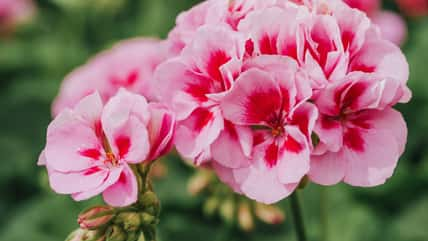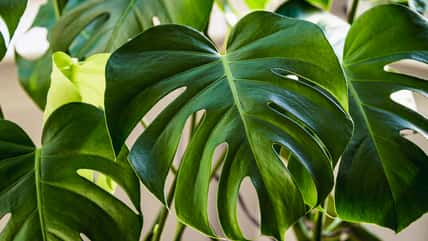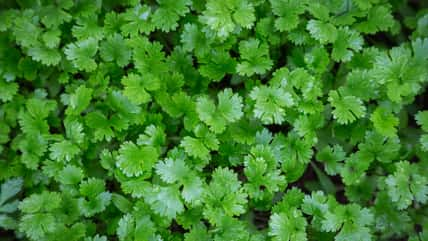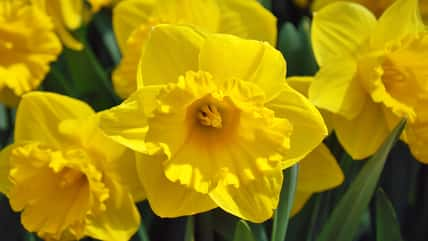If Your Roses Are Getting Eaten, Here’s How To Pinpoint What’s Pestering Them

Roses are the crown jewels in any garden, favored for both their stunning blooms and romantic scent. But, even with such a regal appearance, they still aren’t immune to challenges.
One of the most common and frustrating problems gardeners face when it comes to cultivating these flowers is discovering that something is munching away at their roses.
If you can relate, then you know how disheartening it can be watching all of your hard work get devoured by pests.
However, don’t throw in the towel just yet – because there are ways to identify the culprits and protect your beloved roses.
Pinpointing The Pests
The first step in saving your roses is figuring out who – or what – is eating them.
First up are aphids, tiny green or black insects that suck the sap from new rose growth, causing deformed leaves and stunted blooms.
Japanese beetles, which have shiny and metallic-green bodies, are also notorious for skeletonizing rose leaves. They eat in a way that leaves behind only the veins.
Next, there are caterpillars of various species that can feast on rose leaves, too, creating holes or even stripping the leaves entirely.
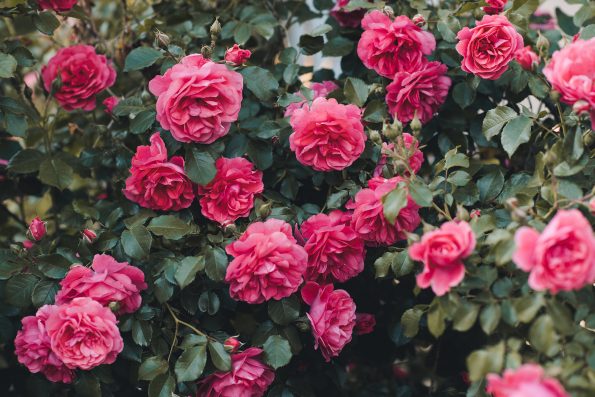
morrowlight – stock.adobe.com – illustrative purposes only
Two other common culprits are spider mites and rose slugs. Spider mites are microscopic pests that cause stippling and yellowing of leaves, eventually leading to leaf drop. Rose slugs, on the other hand, are the larvae of sawflies that chew holes in the leaves.
Some larger animals, such as deer and rabbits, even nibble on the buds, flowers, and stems of your rose plants.
Organic Solutions
Once you’ve successfully identified the culprits eating your roses, it’s time to take action. There are several eco-friendly methods to deter these pesky pests without harming your garden or the environment.
Neem oil is one natural pesticide that works against a variety of pests, including aphids and spider mites. Insecticidal soap is another safe option for controlling both aphids and other soft-bodied insects.
For larger pests like Japanese beetles and caterpillars, handpicking can be effective. Additionally, encouraging natural predators like ladybugs and lacewings into your garden can help, as these insects feed on aphids and other harmful pests.
Last but not least, a homemade garlic spray – made from a mixture of garlic, water, and a few drops of dish soap – can actually repel many pests when sprayed on your roses.
Preventing Future Infestations
Keeping your roses safe from future attacks will involve a combination of good gardening practices and preventive measures.
Regular inspection of your roses can help catch pests early and prevent major damage. Also, ensuring your plants have healthy soil is crucial, as healthy plants are less susceptible to pests. You can use compost and mulch to improve soil health as well as moisture retention.
Proper pruning will improve air circulation and reduce the likelihood of pest infestations as well – removing any damaged or diseased parts promptly.
Finally, companion planting with plants like marigolds or garlic can create a natural barrier against pests.
When To Call In Reinforcements.
Sometimes, despite our best efforts, pests still wreak havoc on our gardens. If the issue persists, your infestation is severe, and nothing seems to work, it might be time to call in a professional.
Certified pest control services can provide targeted treatments that are safe for your garden and the environment.
Sign up for Chip Chick’s newsletter and get stories like this delivered to your inbox.
More About:Gardening
